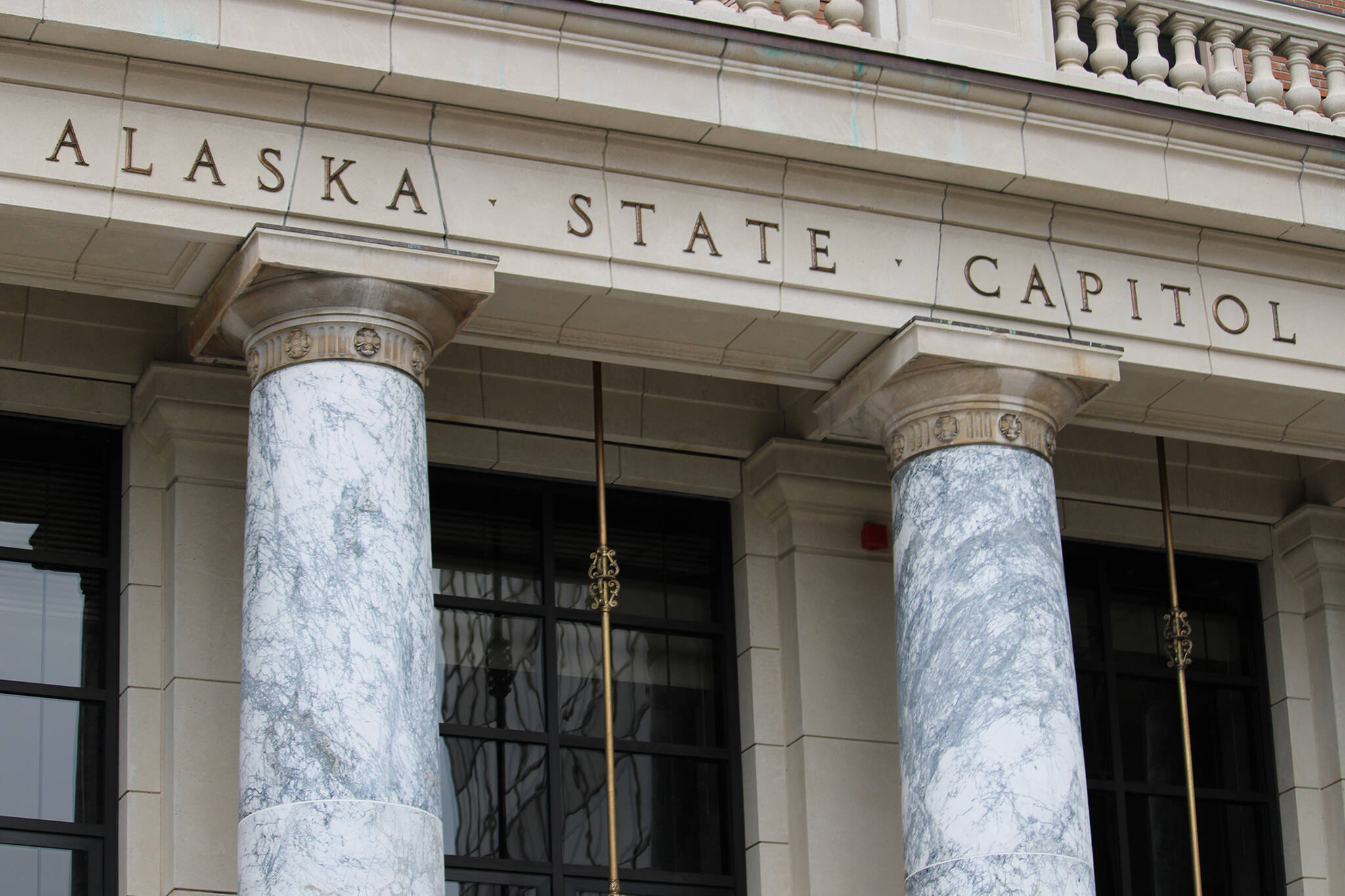Republican Party officials in Alaska showed a hint of introspection last week when they voted to sunset their censures of U.S. Sen. Lisa Murkowski and state Sen.-elect Kelly Merrick of Eagle River. They also agreed to a place a moratorium on issuing new censures at least through April 2024. Between now and then, it would be wise for them to recognize the inherent right of party members to follow their conscience.
The objective of the censures was to put an election roadblock in front of Murkowski and Merrick. It didn’t work. Murkowski was reelected and Merrick earned a seat on the state Senate. Both won by comfortable margins over more conservative candidates endorsed by the party.
Sen. David Wilson, R-Wasilla, was also easily reelected. Like Merrick, he joined the 17-member bipartisan senate majority with six other Republicans.
That’s what Merrick was censured for two years ago while serving in the House. The party declared her action was “detrimental to the Alaska Republican Party and to Republican values and goals.”
This time, officials in Wilson’s district put him on the receiving end of that statement. To avoid being censured, he was told to resign from the well-balanced majority (which they badly mischaracterized as “a leftist-controlled coalition”) or give up his Senate seat. However, the resolution was passed before the state party decided they wouldn’t be issuing further censures.
It’s worth noting that neither resolution described how joining bipartisan legislative coalitions undermines the party’s goals. But both undermined the American value of individual freedom.
In Murkowski’s case, the resolution did identify two of the party’s 48 platform principles (abortion and repeal of the Affordable Care Act) that she and they have long been at odds over. But they never censured her over those issues. Which made sense. Ideological disagreements don’t warrant political censures. They should be reserved for serious ethical transgressions.
It was Murkowski’s vote to convict then-President Donald Trump for inciting the January 6 insurrection at the Capitol that changed the party’s calculus. The censure resolution included these related complaints:
“Senator Murkowski repeatedly [spoke] critically of President Trump throughout his term in office;”
She “demanded the resignation of President Trump following the January 6, 2021 capitol building riot, alleging the President had incited the riot;”
She “voted against a Senate resolution asserting that a second impeachment trial against President Trump was unconstitutional.”
Sen. Dan Sullivan used that last argument to justify voting against convicting Trump. But that’s not unlike a criminal defense attorney arguing for dismissal of charges on a technicality rather than challenging the merits of the case and the prosecution’s witnesses. Or defending one’s favorite team after they were unquestionably caught cheating.
Sullivan did find enough courage to “condemn President Trump’s poor judgment in calling a rally on that day, and his actions and inactions when it turned into a riot.” But does anybody doubt he would have voted to convict President Barack Obama if he egregiously violated the Constitution or any important U.S. law during his last month in office?
Murkowski got it exactly right. “If the end of a President’s term meant he or she would never be held politically liable for high crimes or misdemeanors committed while in office, the lame-duck period would pose a serious danger to the stability of the country.”
The difference between their positions is a matter of party loyalty. That’s what these three censures have in common. Murkowski, Merrick and Wilson all dared to buck their party.
The sad irony here is the Republican Party prides itself on being a bulwark against the oppressive nature of big government. But only truly independent party members are strong enough to stand up to its oppressive political machine.
Craig Campbell, the state party’s National Committeeman, explained that sunsetting the censures doesn’t mean they’ve been withdrawn. “We will work with all Republicans, and what actions happen in the future are based on how [they] perform. If they stand for Republican principles and vote properly and organize properly, there probably will be no issues.”
Now, the small, activist party wing of the party has 16 months to consider softening that enough so that its members elected to office can exercise their freedom of conscience.
• Rich Moniak is a Juneau resident and retired civil engineer with more than 25 years of experience working in the public sector. Columns, My Turns and Letters to the Editor represent the view of the author, not the view of the Juneau Empire. Have something to say? Here’s how to submit a My Turn or letter.

